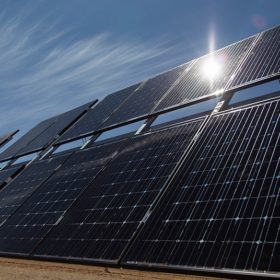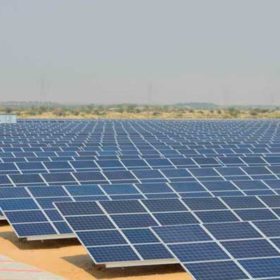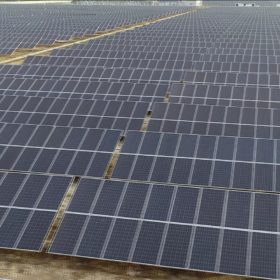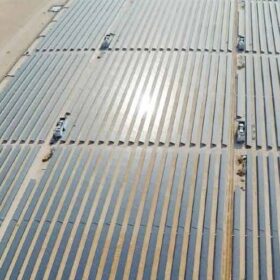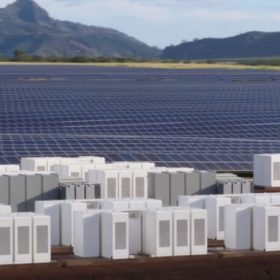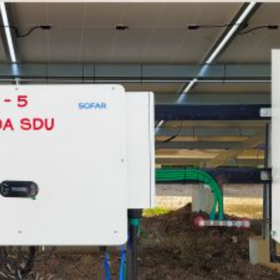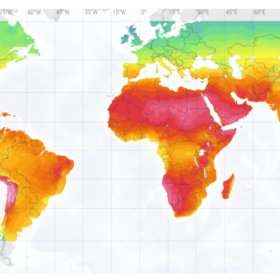Driving renewable energy adoption: Challenges and opportunities
India’s robust economic growth translates to rising demand for energy. This demand provides a substantial market for renewable energy investments, encouraging firms to venture into this sector. However, as the nation marches ahead in RE adoption, it needs to overcome challenges like high capital costs and inadequate grid infrastructure.
ReNew reports profit in Q1 FY 2024
The Indian renewable energy developer recorded a net profit of INR 2,983 million ($ 36 million) for the three-month period ended June 30, 2023, compared to a net loss of INR 104 million in the corresponding period last year.
NLC seeks owner’s engineer for 600 MW solar project in Gujarat
NLC India Ltd is developing the 600 MW solar PV project in GSECL Solar Park (Phase-II) at Khavda. It has invited domestic bids to provide owner’s engineer services for this project.
NLC India signs 300 MW solar power agreement with Rajasthan discom
NLC has signed a long-term power usage agreement with Rajasthan Urja Vikas Nigam Ltd (RUVNL). Under the agreement, it will supply power from its 300 MW PV plant for the next 25 years.
SJVN’s 1 GW Bikaner solar project to become operational by September next year
The state-run hydropower producer is developing a 1 GW solar project in the Bikaner district of Rajasthan. The total project outlay is around INR 5,500 crore ($661.61 million).
Masdar wins Dubai’s tender for 1.8 GW solar farm
Masdar submitted the lowest bid of $0.0162154/kWh in the procurement exercise. The total capacity of the solar energy projects commissioned at the Mohammed bin Rashid Al Maktoum Solar Park has reached 2,427MW.
SECI tenders 800 MW of renewables storage
Solar Energy Corp. of India (SECI) has launched a tender to select developers for 800 MW of firm and dispatchable power from renewable power projects with energy storage systems. Bidding closes on Sept. 29.
Sofar signs inverter supply contract for 100 MW solar project in India
The Chinese manufacturer will ship its 255KTL-HV string inverters for Velan Infra’s 100 MW solar power project in Tamil Nadu.
New study claims PV industry is neglecting overirradiance issues
Overirradiance conditions may affect the operating performance of photovoltaic plants, the stability of the electrical grid, and the efficiency of inverters. A research team has warned these effects are currently not being given proper consideration by the solar industry.
Solar sovereignty: India’s path to sustainable independence and green revolution
The Indian government is actively steering the nation towards a sustainable and environmentally-conscious energy future. However, this juncture calls for a strategic alignment of protective measures to ensure their intended outcomes, notably reducing India’s reliance on energy imports and positioning the nation as a global hub for solar manufacturing.

